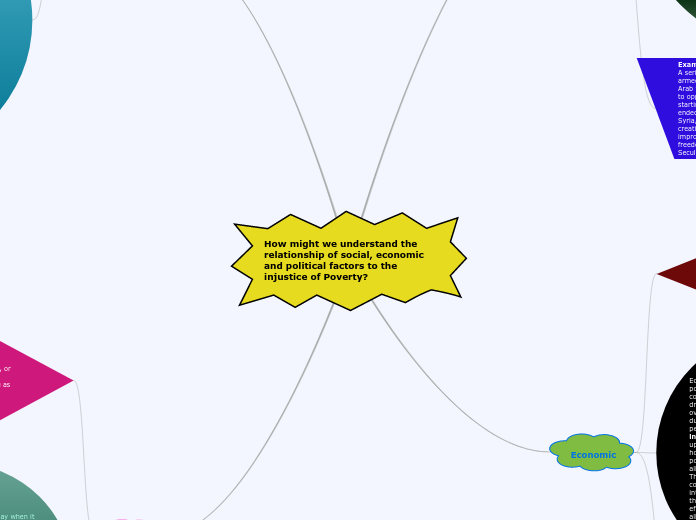по Zuhair Al-Qumbarji 5 лет назад
416
How might we understand the relationship of social, economic and political factors to the injustice of Poverty?
Poverty is inherently linked to social, economic, and political structures, making it a form of systemic injustice rather than a mere misfortune. It stems from the way society is organized and perpetuates inequality.









